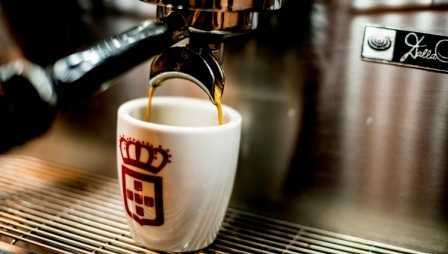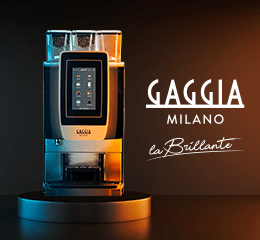The coffee market has, like any other, been influenced by economic tides and market demand. It saw some tough times from 2011 to 2013 and then, in 2014, prices went up and demand followed suit.
According to the International Coffee Organization (ICO) total demand in 2013 was estimated at 146.1 million bags and has grown steadily at around 2.1% per annum ever since with consumption growth sitting at around 2.5% per year.
A trend that the ICO predicts is unlikely to slow down any time soon. So what is it about a cup of coffee that keeps people coming back for more, and why has coffee adoption in South Africa shifted from the instant generation to the espresso double macchiato?
“Coffee has the power to transport you from the mundane to the memorable,” says Darren Levy, CEO of vida e caffè.
“Sitting at a coffee shop and watching the world go by while appreciating the distinctive flavour of a cup of java captures a moment in time, allows you to relax and appreciate time as it slips by. It is more than just a pick me up and a get out of bed, it can also be a treat and a reward, and a way of connecting with other people.”
According to psychologist Karen Apker, the success of coffee lies around how most people have bought into the social and personal narratives surrounding the beverage as taught and advertised by media, socialisation and family traditions.
“These projections are often internalised to form part of a person’s day-to-day reality and identity, much like comfort food and emotional eating, coffee can play a similar role in meeting a person’s emotional needs,” says Apker.
“Having a bad day or feeling stressed? Let’s have a cup of coffee. It is also used as a social tool and a way of engaging with other people. To some degree it acts as a catalyst and provides safety in social situations.”
Coffee has created its own vibrant culture. It has spawned websites and fan forums. It has an image and a following. There are snobs and aficionados, there are brands and there are spaces where coffee is an experience, not just a flavour. And, according to a study released by clinical psychologist Dr Ramani Durvasula, the type of coffee selected reveals a lot about the personality of the drinker.
Those who prefer a cup of black coffee are likely to be more old school, enjoy keeping things simple and are both patient and efficient.
The latte or cappuccino drinker is a comfort seeker and people pleaser who will go out of their way to help others. Frozen or blended drinks indicate a person who is spontaneous and imaginative, while the decaf soy or very specific coffee order reveals someone who likes to be in control and monitors their health very closely.
“The global shift away from the ‘instant’ blends of coffee beans and chicory to pure coffee has opened up a world of choice for the coffee lover,” says Renzo Scribante, Managing Director, Rembrothers.
“Ordering a bespoke coffee has become an opportunity to express individuality. Skinny latte? Double espresso? Caramel macchiato? All of these preferences say as much about the drinker as the clothes they wear, the cars they drive, where they choose to live and where they go to be seen.”
Explains Levy, “Coffee has become an art form and people appreciate art, especially when its taste is so individual. It has become such an integral part of society it has featured in some of the most memorable television moments and inspired people to become involved in its production and creation.
At vida we have seen such success with our brand – we’ve recently launched our 100th store with Shell and have a strong following of fans that recognise our commitment to crafting a superlative bean.”
“Coffee’s charismatic blend of taste and mood has ensured that its rise to fame has been stratospheric, and things are likely to stay that way,” he adds. “It is a sense of taste and style which can be captured by a brand and adopted by an individual. At vida we have seen strong brand loyalty because of our commitment to a superb bean and vibrant culture.”
Apker adds another dimension to the allure of coffee – its impact on our bodies. Coffee stimulates the release of the neurotransmitter, Dopamine, which produces euphoria and pleasant feelings – often these are associated with that first, much needed, cup in the morning. Coffee makes us feel good because it taps into virtually every reward system in the brain.
“There is no doubt that coffee is a sustainable trend,” says Mikhael Bou Rjeily, Founder and co-owner of Mischu. “It is a language of its own and is always evolving with new coffee brewing methods and equipment such as the aeropress, chemex and cold brew. It is the best addiction in the world – it smells and tastes like heaven and comes in at a reasonable price.”
“It is unlikely that the coffee trend will end any time soon, making it the longest fad of them all, perhaps so much so that it can no longer be described as one. It has become an inherent part of society and culture, it allows for individual expression and it inspires conversation,” concludes Levy.
And let’s not forget that it also tickles the brain in all the right places














